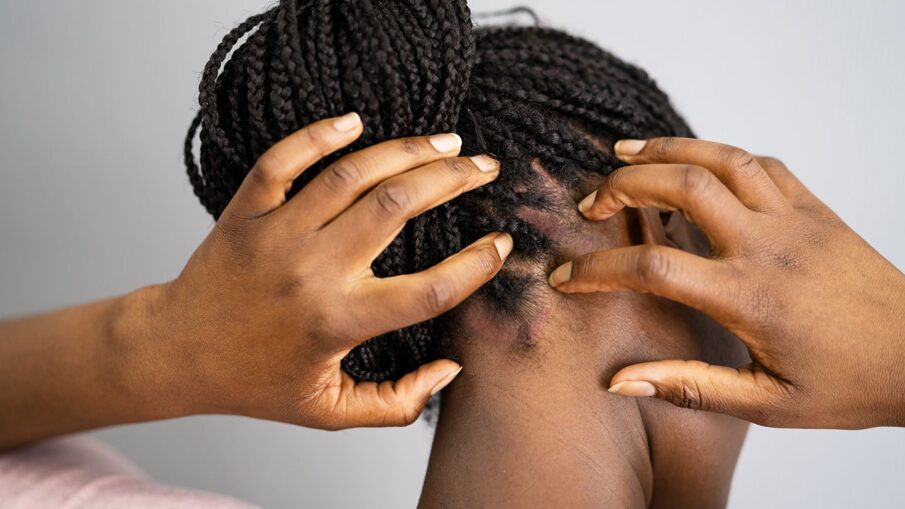According to an article by MayoClinic published on the 4th of June, 2022; Psoriasis is a skin disease that causes a rash with itchy, scaly patches, most commonly on the knees, elbows, trunk and scalp. It is a common, long-term (chronic) disease with no cure. It can be painful, interfere with sleep and make it hard to concentrate. This condition tends to go through cycles, flaring for a few weeks or months, then subsiding for a while. Common triggers in people with a genetic predisposition to psoriasis include infections, cuts or burns, and certain medications.
Causes of Psoriasis
Psoriasis is thought to be an immune system problem that causes skin cells to grow faster than usual so The major cause of psoriasis isn’t fully understood but here are some gathered from articles.
Inflammation
According to an article by WebMd Medically Reviewed by Stephanie S. Gardner, MD on April 26, 2022, This is when Something is wrong with the immune system which causes inflammation, triggering new skin cells to form too quickly. Normally, skin cells are replaced every 10 to 30 days. With psoriasis, new cells grow every 3 to 4 days. The buildup of old cells being replaced by new ones creates those silver scales.
Hereditary
Psoriasis has a strong hereditary component, and many genes are associated with it, but how those genes work together is unclea. This tends to run in families, but it may be skip generations. For instance, a grandfather and their grandson may be affected, but not the child’s mother.
Medications
Medications, including blood pressure medications, anti-malarial drugs, lithium and other mood stabilizers, antibiotics, and NSAIDs can cause psoriasis
Lifestyle
According to Wikipedia, Chronic infections, stress, and changes in season and climate can cause psoriasis. Others factors that might worsen the condition include hot water, scratching psoriasis skin lesions, skin dryness, excessive alcohol consumption, cigarette smoking, and obesity.
When to see a doctor
If you suspect that you may have psoriasis, see your health care provider. Also seek medical care if your condition:
- Becomes severe or widespread
- Causes you discomfort and pain
- Causes you concern about the appearance of your skin
- Doesn’t improve with treatment



